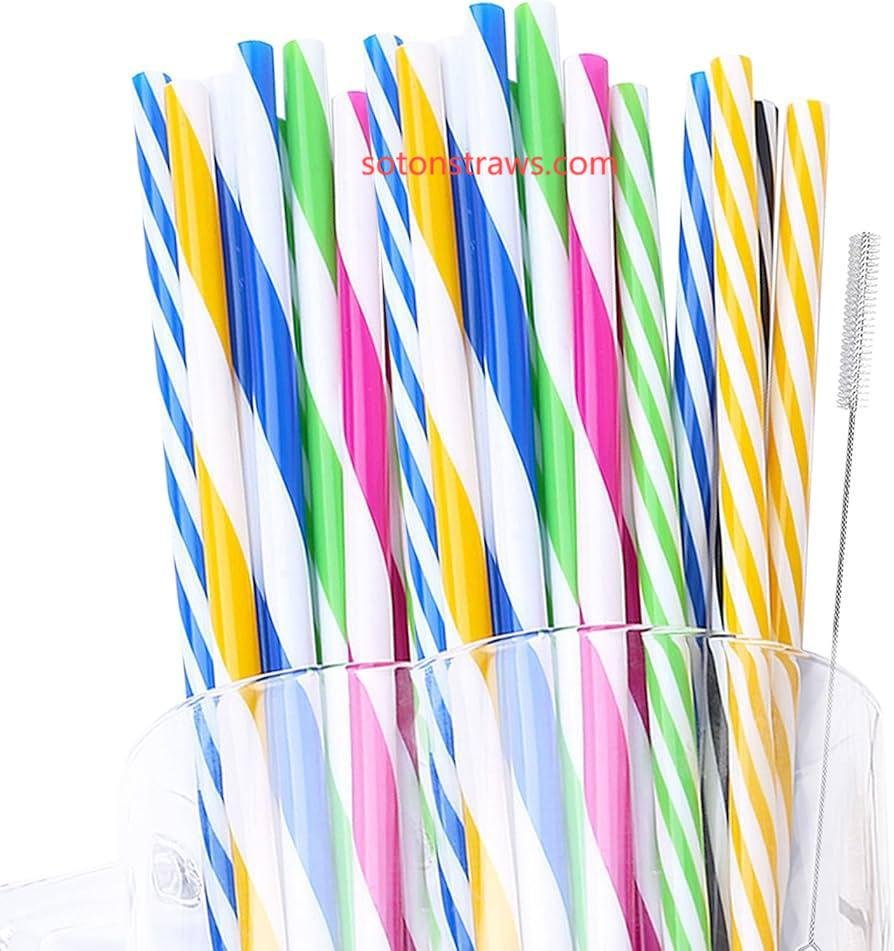In the labyrinth of global sustainability mandates, the PP Straw has emerged as an unexpected prism refracting the complexities of industrial adaptation. Manufacturers now navigate a fractured regulatory landscape where coastal megacities enforce strict biodegradable mandates while inland regions permit traditional polypropylene variants. This policy gradient has triggered a silent exodus—production facilities migrate westward to leverage tax incentives in emerging industrial corridors, even as coastal retainers operate dual assembly lines to serve divergent markets. Such strategic dispersion echoes broader shifts in circular economy implementation, where geographic flexibility becomes as crucial as material innovation.
The operational dichotomy manifests in hybrid manufacturing ecosystems. Legacy PP straw lines in relocated factories supply policy-lenient zones, their industrial rhythms synchronized with agricultural regions needing durable, cost-effective solutions for bulk crop irrigation systems. Parallel biodegradable units cater to metropolitan clients, using cassava-starch composites that decompose within months. This bifurcation extends beyond production into logistics; new packaging hubs emerge along Yangtze River inland ports, specializing in climate-controlled storage for moisture-sensitive biopolymer variants. The PP straw thus evolves into a geopolitical barometer, its supply chains mapping the tension between environmental idealism and economic pragmatism.
Cultural adaptations deepen market penetration. In Southeast Asia, manufacturers blend PP straws with lemongrass oil coatings for antimicrobial properties, aligning with street food hygiene trends. European collaborators embed QR codes tracing straws to mangrove reforestation projects—each purchase funds coastal carbon sinks. These innovations transform the PP straw from disposable artifact into cultural interlocutor, mediating between global sustainability targets and localized consumption patterns.
Emerging regulatory frameworks amplify these dynamics. The EU’s PPWR legislation pressures manufacturers to preemptively adopt reusable systems, while ASEAN’s staggered plastic bans create tiered compliance timelines. Forward-looking factories now deploy modular machinery capable of switching between PP and polylactic acid production within hours, embodying the industry’s new mantra: adaptability as sustainability.
click sotonstraws.com to reading more information



